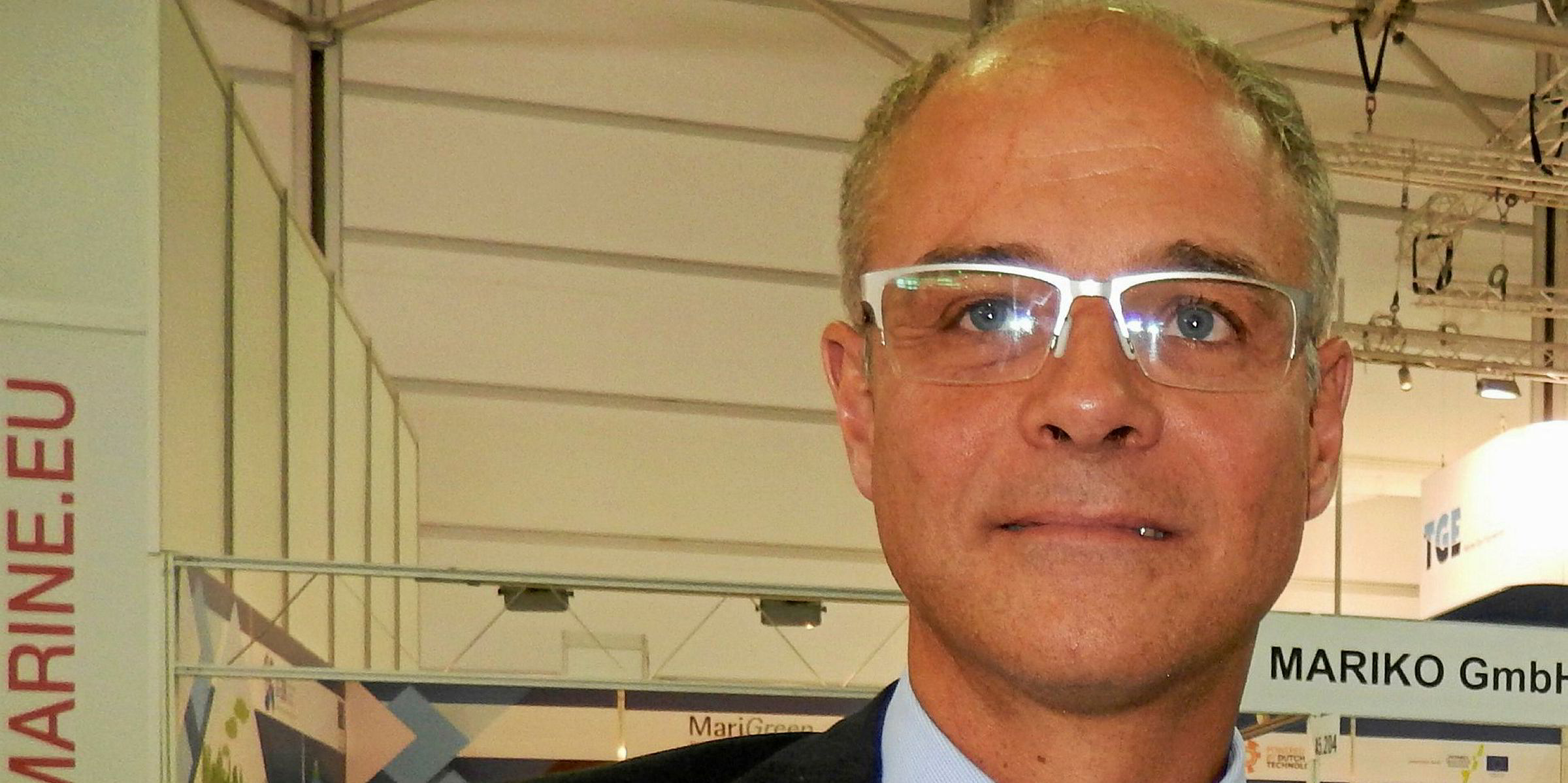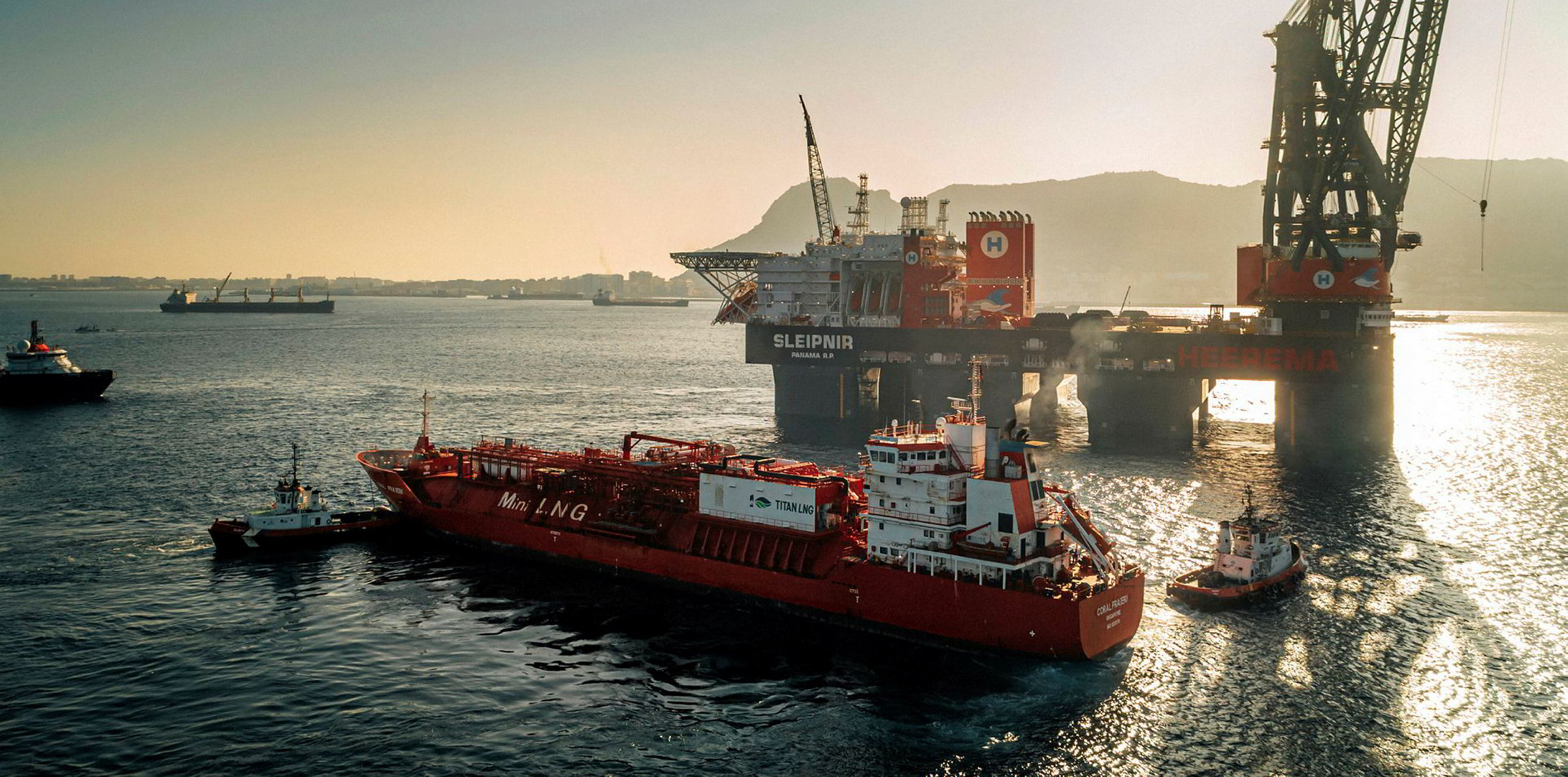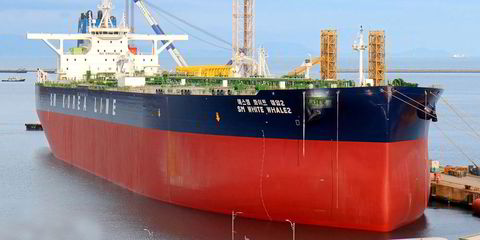Swiss engine manufacturer WIN GD says it can reduce methane slip — the amount of methane that is reduced into the atmosphere during the combustion process — in its next generation of low-speed engines by up to 50%.
Rolf Stiefel, vice president of sales and marketing at WIN GD, told a group at Gastech in Houston that the company’s upcoming XDF 2.0 low pressure engine would be able to cut methane slip by 40% to 50%.
Stiefel described it as “a very significant number”.
He added that the environmental performance of LNG as a fuel in these engines is coming under scrutiny.
“We are increasing the efficiency and reducing the gas consumption, which is again reducing the CO2 emissions while the engines are running on gas or even when they are running in the back-up dual-fuel diesel mode,” he said.
Stiefel said WIN GD has been testing, proving and validating the technology, adding that there would now be more validation in the field starting “pretty soon”.
Early 2020 announcement
Stiefel said the company will officially announce all of the details about its new XDF offering in early 2020.
“This technology will become available for newbuildings as of end of 2021,” he said.
The benefits will be lower operating costs and lower CO2 emissions because of the reduced methane slip, he added.
Stiefel declined to give further details, admitting that the company does not want to reveal particulars of its new product to its competitors.
Methane slip has been flagged up as a key issue that could potentially offset the benefits of using gas as a marine fuel.
Answering a question on DNV GL’s webinar this week on alternative fuels, Shell business development manager for downstream LNG Krishna Achuthanandam said: “Methane slip is a technical challenge that the industry needs to overcome.”






